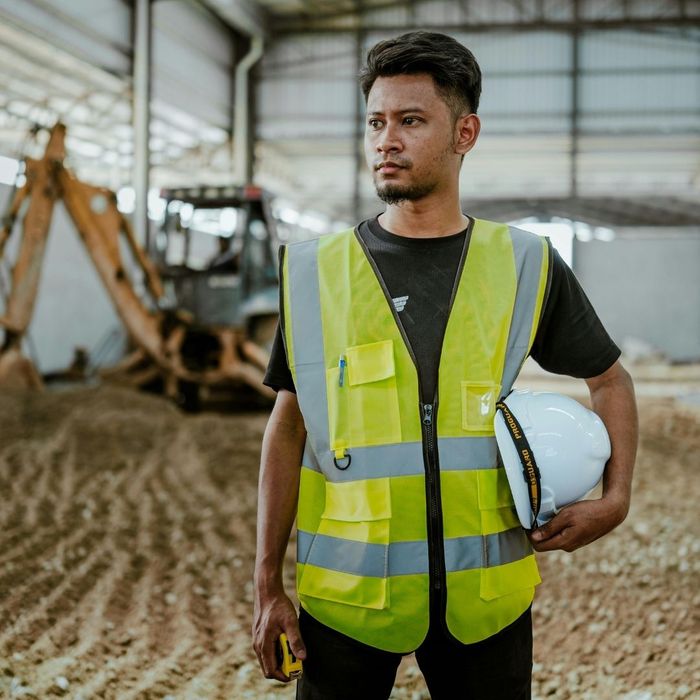The frontline supervisor is the most critical link in any organization’s operational chain. At Fisher Improvement Technologies (FIT), we recognize that while these leaders are often chosen for their technical expertise, their ability to manage human performance is what truly drives long-term success. By integrating specialized training into your existing safety management systems, you empower supervisors to move beyond traditional oversight and toward proactive leadership.
Training Frontline Supervisors in HOP: Key Skills and Techniques

Understanding the Reality of Human Error
The first step in effective hop training is shifting the perspective on mistakes. We teach supervisors that error is normal and even the most skilled workers remain fallible. When safety management systems focus on why an error occurred rather than who made it, the culture shifts from blame to learning. This foundational understanding allows supervisors to build trust with their teams.

Identifying and Mitigating Error Traps
Supervisors must be equipped to spot "error traps", those environmental or psychological conditions that make mistakes more likely. Through our comprehensive hop training, leaders learn to identify high-risk scenarios before they lead to incidents. Integrating this proactive scanning into daily safety management systems ensures that work environments are designed to support human success, rather than just punishing failure after the fact.

Mastering the Art of Learning Teams
A core technique we champion is the use of learning teams to solve complex problems. Instead of a top-down investigation, hop training encourages supervisors to facilitate open dialogues with the people doing the work. This collaborative approach enriches your safety management systems with "work-as-imagined" versus "work-as-performed" insights. It turns every near-miss into a powerful opportunity for systemic improvement and organizational growth.

Facilitating Effective Pre-Task Briefings
The most impactful point of influence for a supervisor is the pre-task briefing. We provide specific techniques to transform these meetings from "check-the-box" exercises into high-engagement sessions. When hop training is applied here, supervisors ask better questions that prompt workers to think critically about risks. This practice strengthens safety management systems by ensuring every team member is mentally prepared and aligned.
Equipping your leadership with the right tools is the fastest way to achieve operational excellence and sustainable cultural change. By focusing on practical skills like error trap recognition and facilitated learning, we help organizations transform their frontline into a proactive defense against incidents. Fisher Improvement Technologies (FIT) is dedicated to helping you refine your safety management systems through expert-led hop training that bridges the gap between theory and the field. We invite you to explore our specialized workshops and contact us today to discuss a tailored integration strategy for your team.
